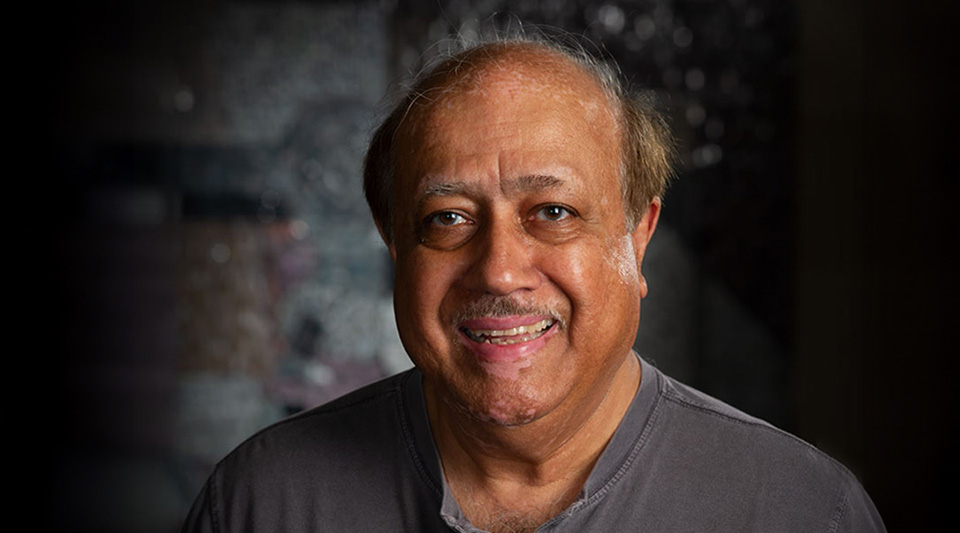Ahsan Kareem, the Robert M. Moran Professor of Engineering in the Department of Civil and Environmental Engineering and Earth Sciences (CEEES) at the University of Notre Dame, has been elected to the European Academy of Sciences (EurASc). The honor recognizes his work advancing the safety and resilience of civil infrastructure exposed to such natural hazards as wind, waves and earthquakes.
Kareem was elected to the Engineering Division, one of the nine divisions that elect fellows with internationally recognized research in science and technology. The honor is bestowed upon the most eminent European scholars and engineers and non-European Union scholars whose research has contributed significantly to the development of advanced technologies.
The European Academy of Sciences is a non-profit, non-governmental, independent organization of distinguished scholars and engineers with a mission to “embody a vision for Europe that transcends national borders.”
Kareem directs Notre Dame’s Natural Hazards (NatHaz) Modeling Laboratory, which uses synergistic approaches such as computer modeling, as well as laboratory and full-scale experiments, to better understand and predict the impact of natural hazards on the built environment.
Earlier this year, Kareem was elected to the European Academy of Sciences and Arts. He is also a lifetime fellow of the American Association for the Advancement of Science, and an elected member of the US National Academy of Engineering, a foreign member of the Chinese Academy of Engineering, a foreign fellow of the Indian Academy of Engineering, and a foreign member of the Engineering Academy of Japan.
In June 2025, he was awarded the Archimedes Medal for “outstanding achievements in Engineering Science” by the Olympiad in Engineering Science, held this year at the University of Stavanger, Norway. The Olympiad is an international congress and contest that aims to disseminate and evaluate recent advances in engineering science such as structural health monitoring, smart cities, and sustainability.
—Mary Hendriksen, Notre Dame Engineering
